Much Ado About Nothing
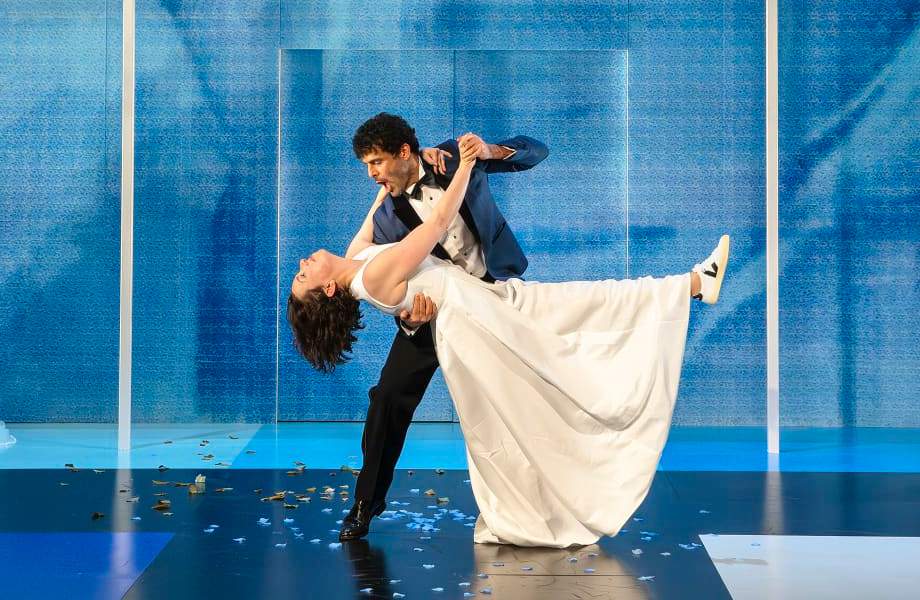
To judge by much of this Melbourne Theatre Company (MTC) production of Much Ado About Nothing, you might think that Shakespeare had written not a tragicomedy but a farce – and a poor farce at that. Director Mark Wilson – renowned, the program notes tell us, for his ‘radical’ adaptations of Shakespeare – pushes so hard at the comedy buttons that cheap laughs and risible characterisations overwhelm the play’s necessary tragic elements. When the production shows due regard to Shakespeare’s text, it is very good indeed. Too often, however, it misreads Shakespeare’s text entirely. When it does so, it is spectacularly bad.
Much Ado About Nothing opens in Messina, here rendered by a nondescript façade that looks like it might belong to some cheap roadside motel, not quite within sniffing distance of a beach. (We’re told in the program notes that it is a replica of an architect-designed St Kilda house whose frontage features a huge portrait of Pamela Anderson, a somewhat obscure allusion that, along with allusions to Botticelli’s The Birth of Venus and Caravaggio’s Medusa, adds little, if anything, to Wilson’s interpretation of the play.)
Continue reading for only $10 per month. Subscribe and gain full access to Australian Book Review. Already a subscriber? Sign in. If you need assistance, feel free to contact us.






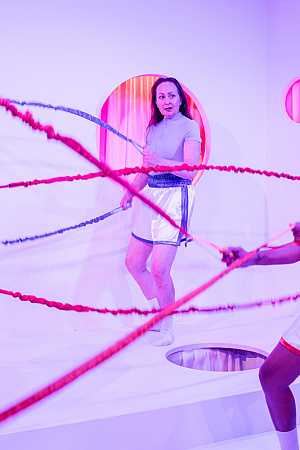
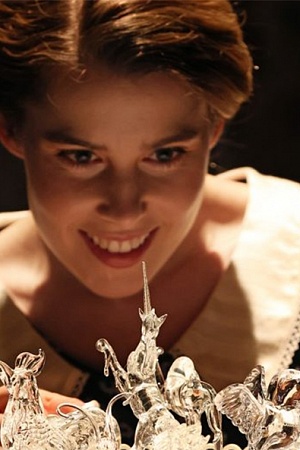
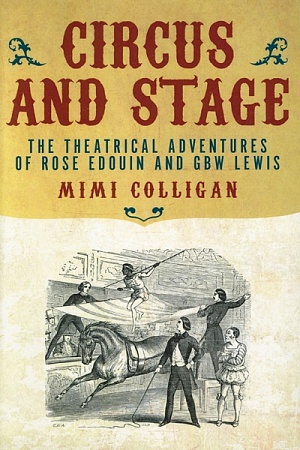
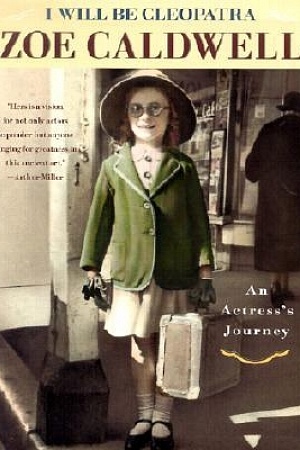
Leave a comment
If you are an ABR subscriber, you will need to sign in to post a comment.
If you have forgotten your sign in details, or if you receive an error message when trying to submit your comment, please email your comment (and the name of the article to which it relates) to ABR Comments. We will review your comment and, subject to approval, we will post it under your name.
Please note that all comments must be approved by ABR and comply with our Terms & Conditions.